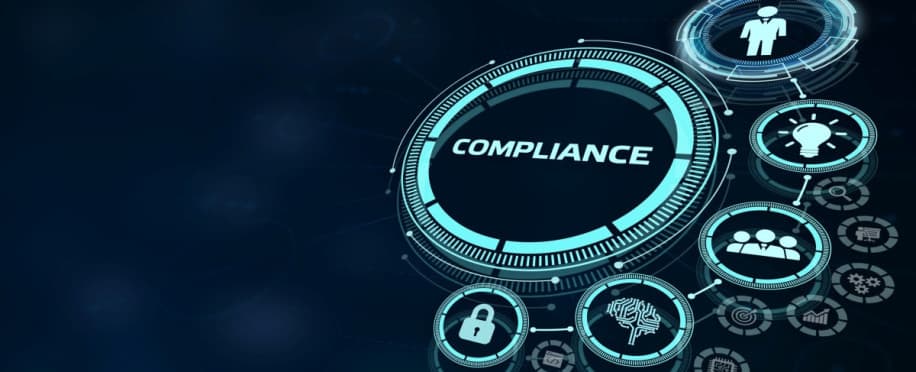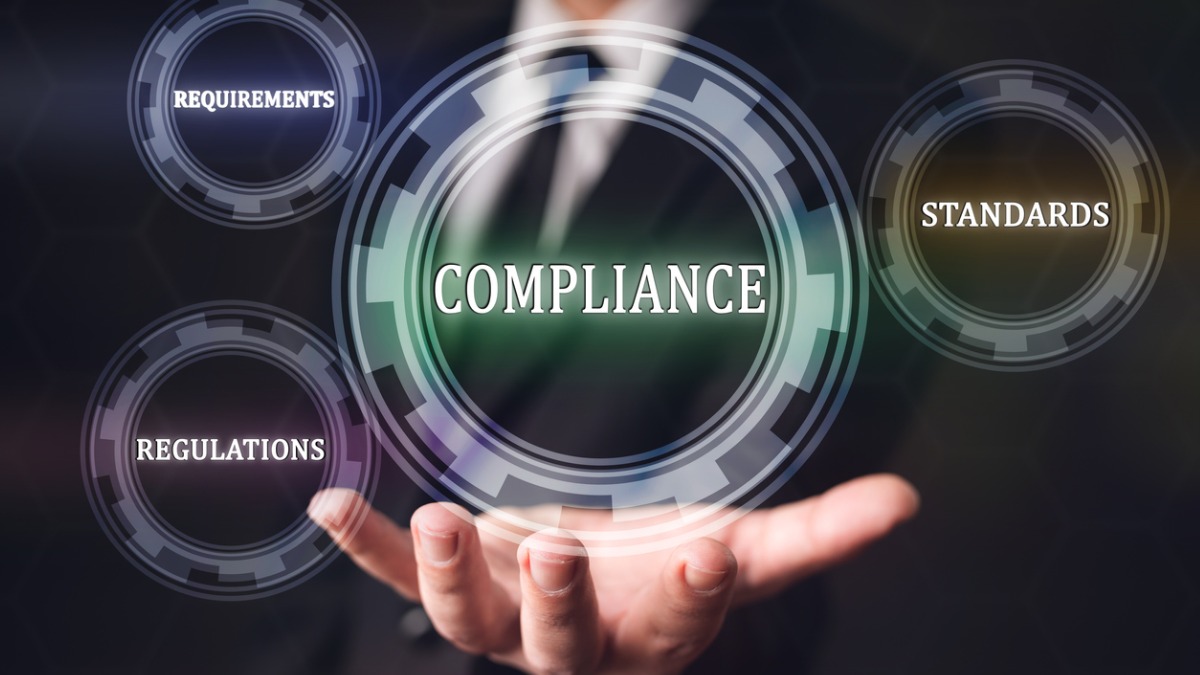Copyright © 2026 lpcentre.com All Rights Reserved. London Premier Centre For Training Ltd Registered in England and Wales, Company Number: 13694538
version: 3.0.1

Procurement Compliance: Ensuring It Is Achieved in Companies and Challenges Challenges or Not
Procurement Compliance and regulatory standards are crucial for businesses To avoid potential procurement risks. Accordingly, it is essential to bring about the procurement department to direct it properly and to ensure that the company complies with the procurement standards and policies.
Nevertheless, the question remains: How vital are Procurement Compliance rules by organisations?
Procurement Compliance is the adherence to and compliance with all rules of approved Procurement Regulations. This policy aims to avoid any legal and financial challenges that constitute an obstacle to the company's success. The Procurement Compliance System is concerned with verifying and ensuring that vendors, suppliers, and officials of the Procurement department of the company comply with the procurement standards in the procurement activities.
It is worth noting that the risks of purchasing in companies are significantly reduced as they comply with the approved regulations, and the work performance will undoubtedly improve!
But to reach this end, they must develop a specific methodology and continuous follow-up to audit the practices of any purchase process. With these two steps, companies can ensure procurement compliance, improve or increase compliance, and comply with those responsible for these activities.
For some suppliers, the constant audit may be uncomfortable! However, there are some procedures that companies can follow to achieve the highest percentage of supply and procurement compliance. It is also essential to have procurement management skills for the result to be fruitful.
Organisations not only focus on procurement compliance - laws and regulations - to avoid any legal risks but also to avoid financial risks. It is, therefore, essential to ensure their compliance through the following practices:

To grow your company's procurement compliance more is needed to ensure your employees follow the codes of regulations; suppliers must also be evaluated before they are selected. They are primarily responsible for the company's compliance, thus reducing the challenges of non-compliance procurement.
Including procurement compliance laws in the contract gives an idea of their importance.
Usually, several things appear in purchases that must be disclosed to avoid any problems. Regular auditing, follow-up, and procurement management of goods ensures you know the weaknesses. These operations help control any theft or fraud and ensure that the quality control process of purchases is completed and identical to the specifications mentioned in the contracts.
Cyber attacks on the supply chain are hazardous. These attacks aim to gain access to the primary information and data of any company. Therefore, it is essential that organisations deal with this aspect with caution and pay close attention to it, and they must know how to avoid these problems.
It is worth noting that these procedures are one of the provisions of procurement compliance. These measures enable companies to raise the level of cybersecurity.
Building and creating an approved supplier list helps companies increase procurement compliance (such as resources and goods).
This practice helps provide knowledge of all suppliers that have been dealt with previously safely. Thus, this supports the procurement team in speeding up the purchase process and making it more secure.
Complying with contracts and regulations takes work. However, if the management is aware of all the challenges, the impact of the risk can be mitigated, especially if it has sufficient experience. This experience can be enriched by taking Procurement Management courses in London.
Below, we will mention the most significant challenges that may constitute an obstacle to procurement compliance:
Compliance policies and laws change and update over time. The reason for this is to keep pace with the requirements of the current situation, such as (changes in supply chains and cybersecurity problems). Therefore, the procurement authorities must constantly update the latest laws to propose solutions for any change.
The company should not only take precautionary measures to protect its data from any cyber attack because it may be exposed to it, and the data will be stolen despite that. Therefore, the procurement department staff must be experienced to assist while facing any cyber attacks.
It is also essential to qualify their abilities to propose solutions and to teach them how to deal with these cases to avoid pitfalls and mistakes.
One of the tasks of the procurement teams is to manage costs, ensuring good value for money. Cost management is challenging at times, so the company here has to face it during a period of price fluctuations or when supply chain disruptions.
Procurement compliance is crucial. It protects organisations from any legal or financial risks. So, every company looking to succeed must comply with all the rules guaranteed in the regulations.